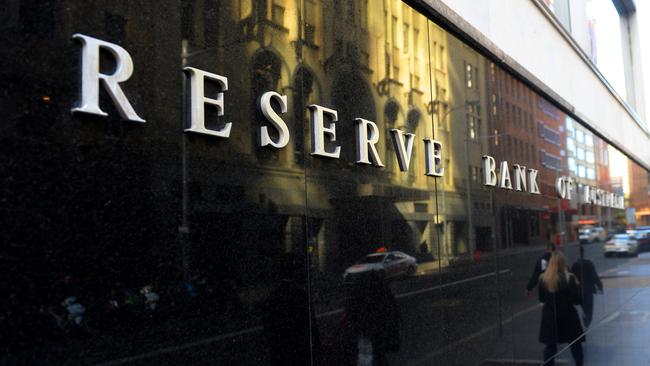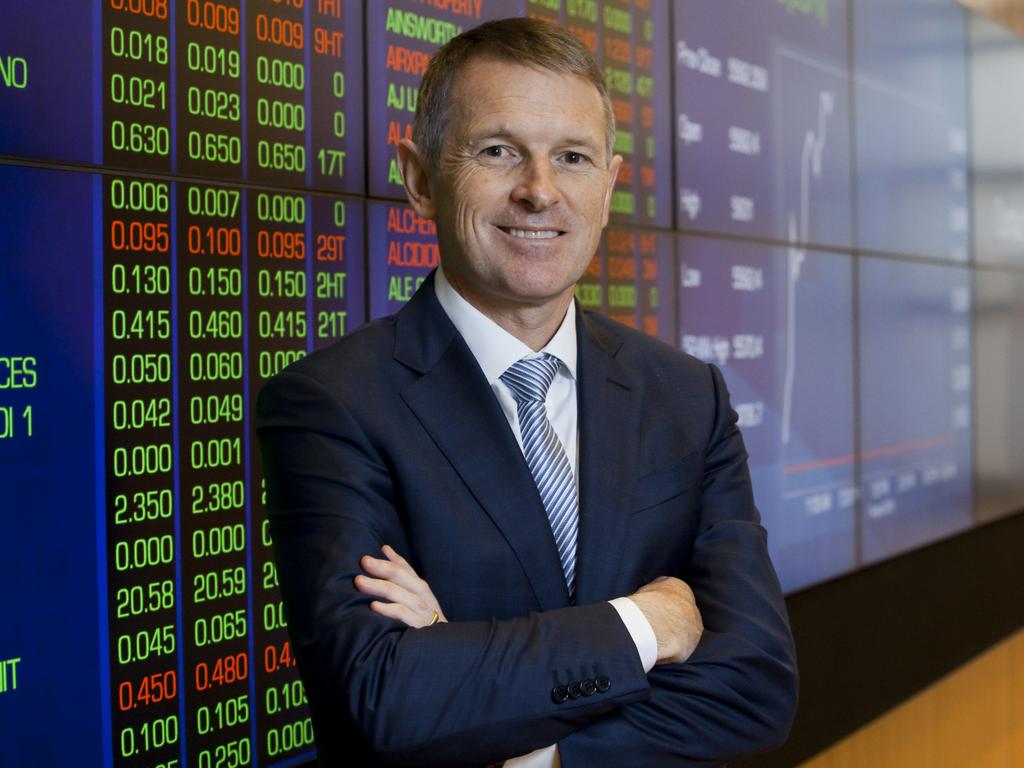Low inflation ‘stalling wages growth’, economists say
Without massive annual rises in tobacco tax the Reserve Bank has failed to meet its inflation target for almost seven years, increasing uncertainty in the economy.

Without massive annual rises in tobacco tax the Reserve Bank has failed to meet its inflation target for almost seven years, increasing uncertainty in the economy and leaving wages and growth lower than they would be, economists say.
Ahead of the first Reserve Bank board meeting of the year on Tuesday, new Commonwealth Bank analysis has found excluding cigarette prices (which have risen more than 330 per cent over the decade to 2020) means the annual inflation rate has been below 2 per cent for every quarter since 2014.
“Having inflation much lower than it’s meant to be makes it harder for businesses and households to know where prices will be, harder to make contracts,” said Stephen Kirchner, a monetary policy expert at the US Studies Centre.
The consumer price index, which tracks price changes for 87 different goods and services, rose 0.9 per cent last year, while tobacco, which makes up 3.2 per cent of the CPI, increased over 20 per cent owing to increases in tobacco excises — which raises more than $15bn a year.
Since 1993 the Reserve Bank has undertaken to keep inflation between 2 and 3 per cent “over time”, including a commitment to “promote financial stability” since 2016. “It’s probably one of the most poorly defined inflation targets in the developed world,” Mr Kirchner said.
In a speech in 2019, Reserve Bank governor Philip Lowe said average inflation had been 2.4 per cent a year, within the 2 to 3 per cent target, over 30 years.
“The problem with that line of reasoning is that it places equal importance on what happened decades ago to what has been happening more recently. I think more weight should be applied to the recent past,” Commonwealth Bank economist Gareth Aird said.
The Reserve Bank slashed the cash rate to 0.1 per cent in November, and launched a $100bn money creation program to buy government bonds in order to keep interest rates low.
Despite unexpectedly strong growth in employment late last year that dragged the jobless rate down to 6.6 per cent in December, experts expect the bank to announce another round of quantitative easing this week or in March.
“By not doing more to hit their inflation target wages and economic growth are lower than they would otherwise be,” Mr Kirchner said.
While the CPI has risen slowly, capital city dwelling prices have risen 44 per cent since the Reserve Bank starting cutting the cash rate — from 4.75 per cent — in 2011 to 0.1 per cent.
“In trying to boost consumer price inflation central banks have turbo-charged asset-price inflation, which creates big wealth distortions, particularly between generations,” Mr Aird said.
Economists have criticised the RBA’s relatively high inflation target compared to those in Europe and the US, which target 2 per cent, rather than a range of 2 to 3 per cent.
“Why should the price of an iPhone or a pair of shoes be growing faster here than elsewhere? It shouldn’t,” Mr Aird said.
Mr Kirchner, in his new research Reforming Australian Monetary Policy, released last week, calls for the RBA to target GDP growth rather than consumer price inflation.
The Reserve Bank’s latest economic outlook forecasts inflation, taking out volatile items, will remain below 2 per cent until at least next year.








To join the conversation, please log in. Don't have an account? Register
Join the conversation, you are commenting as Logout